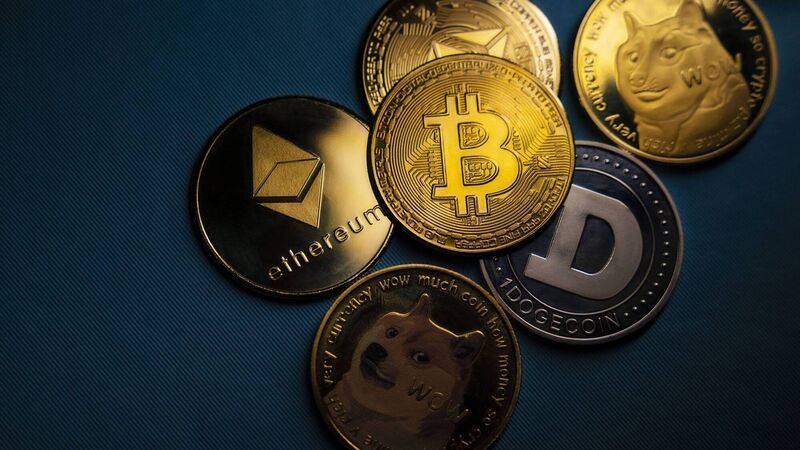Irish Examiner view: Technology has turned into a two-faced friend

For some years now, challenging technological “progress” has been the modern heresy, with the new faith promulgated by prophets who emphasise what fresh technologies can do, while ignoring the impact and dangers of what they will undo.
The American digital critic Neil Postman foresaw what was coming more than 40 years ago. The “private matters” of citizens, he wrote, “have been made more accessible to powerful institutions. They are more easily tracked and controlled; are subjected to more examinations; are increasingly mystified by the decisions made about them; are often reduced to mere numerical objects. They are inundated by junk mail. They are easy targets for advertising agencies and political organisations.”
The programme identified security concerns about data that can be accessed through a process known as “real-time bidding” (RTB), which allows advertisers to make offers for online ads based on traits and characteristics of internet users. Typically, this will include the movement and location details of the public accessing websites via their mobile phones.
The RTÉ investigation includes sample data from 64,000 phones in Ireland, and is being investigated by the Data Protection Commission.
Most of us are aware that taking out mobile phone contracts, particularly with “smart” devices, involves a Faustian pact in which we provide some personal information in return for a gain in convenience. But the level of drill down into our lives is not so widely understood by many customers.
“Failure to engage with the RTB issue” creates acute risks to fundamental rights and national security, says the Irish Council for Civil Liberties.
It’s not as if we haven’t been warned time and again about our vulnerabilities. In Ireland, the benchmark for a cyber attack remains the ransomware assault on the Health Service Executive in May 2021, which caused the shutdown of all its IT systems nationwide. In April, research from insurance broker and risk management company Gallagher suggested that 90% of Irish businesses have suffered some form of financial loss and commercial disruption from this source in the past five years.
Beyond these shores, the situation is even more bleak. This week, Germany’s digital association, Bitkom, suggested that attacks, predominantly from foreign intelligence agencies, had cost the economy almost €300bn.
“The trail leads relatively clearly and unambiguously to the east, with two countries at the forefront: Russia and China,” said Ralf Wintergerst, Bitkom’s head.
In the UK, Jaguar Land Rover’s suppliers have been warned that car production may not resume until November. The assembly lines of the country’s biggest automotive supplier, with 33,000 employees, have been paralysed for a fortnight by hackers who have also been linked with attacks on Marks and Spencer.
The car giant — which makes Range Rover, Discovery, Defender, and Jaguar vehicles — says it is “working around the clock” to resolve the crisis and “restart our global applications in a safe and controlled manner”.
Thousands of plant workers have been sent home. A shutdown until November would prevent JLR from producing almost 50,000 cars, and cost billions in lost sales.
Unions have been calling for taxpayer support for suppliers. Unite general secretary Sharon Graham, who has strong Irish connections with a mother from Abbeyfeale, Co Limerick, said ministers must “act fast” and introduce a covid-style furlough scheme to ensure “vital jobs and skills are not lost”.
Technology, it is clear, is both friend and enemy. It can give us benefits, but also take them away.
Given what is happening in the world, it is a foolish person who fails to consider how to live without it.





